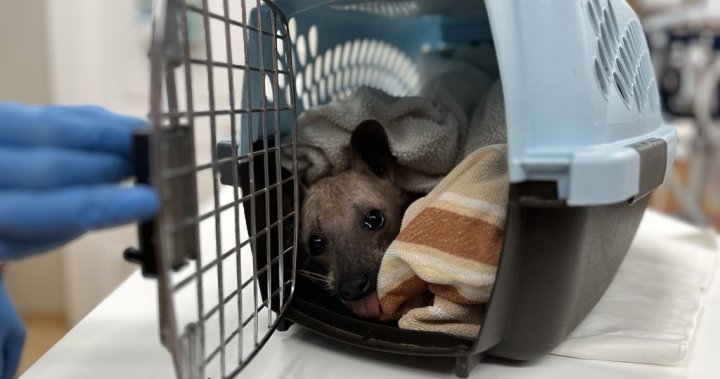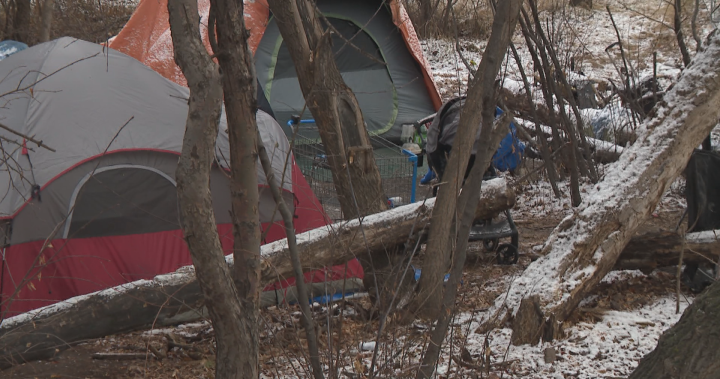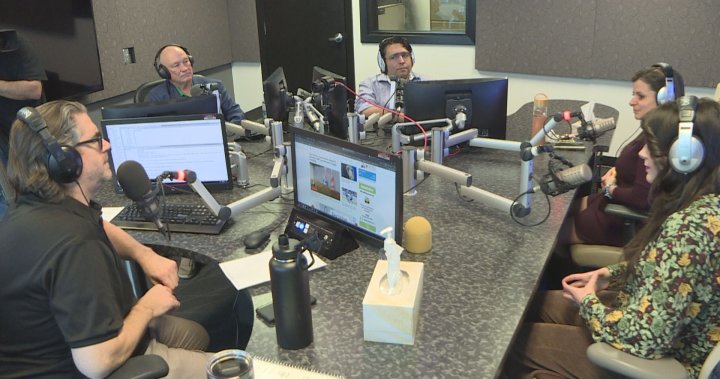Cree is Saskatchewan man Andy Cook’s first language, but unfortunately, he said he doesn’t get to use it a lot in his daily life.
“I’m finding I am losing part of the language,” Cook said. “When I get together with my family, I am struggling to find some of the words.”
Cook speaks Cree among family and friends when he travels to northern Saskatchewan a few times a year.
“It’s sad to see that the language is fading away and hopefully some of the schools can maintain it and keep teaching it and some of the new generation.”
Breaking news from Canada and around the world
sent to your email, as it happens.
He said he rarely speaks Cree at his job with the Ministry of Environment but sometimes gets lucky.
“We have to do consultations with First Nations, Métis folks so one of the groups I have been consulting with on projects in the northern part of the province is a Cree-speaking person.”
Cook said it would be great if the language were taught in classrooms to keep it alive.
The University of Saskatchewan offers a certificate in Indigenous languages, including the three common dialects of Cree spoken on the Prairies, nêhiyawêwin, nêhinawêwin and nîhithawîwin.
The government of Saskatchewan is also providing funding for the First Nations University of Canada, which will off Dene and Cree teacher education programs in Hatchet Lake Denesuline Nation and Waterhen Lake First Nation.
Cook said he has seen Indigenous culture celebrated more regularly in Saskatchewan over the last few years, adding that he will be attending National Indigenous People Day events in Saskatoon on Friday.
“It’s been great to see that there has been lots in the last few years,” he said.
© 2024 Global News, a division of Corus Entertainment Inc.




